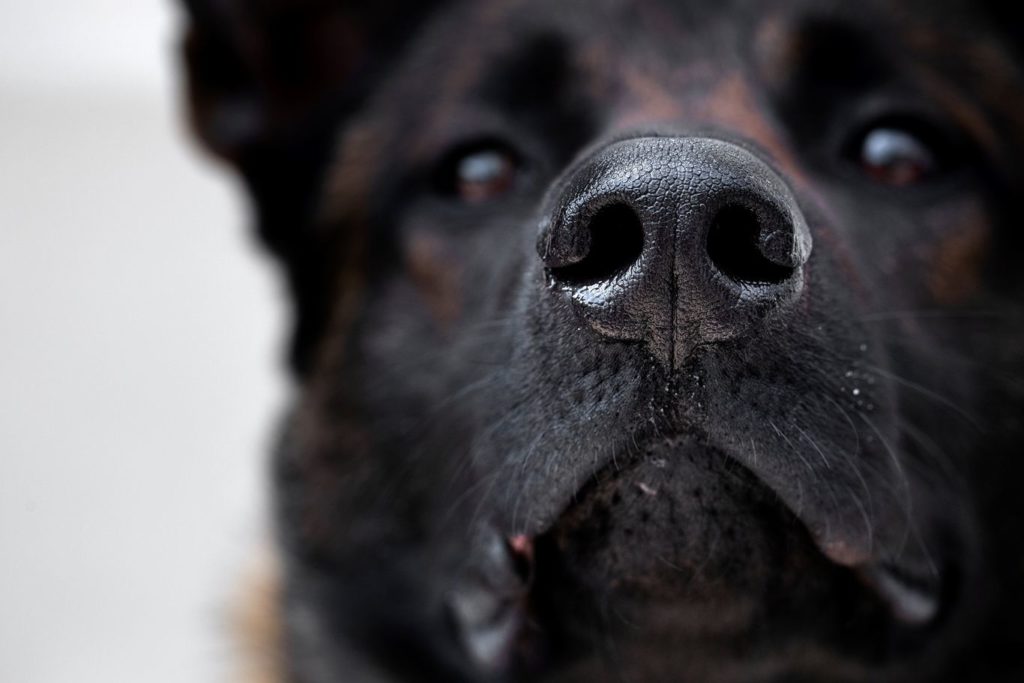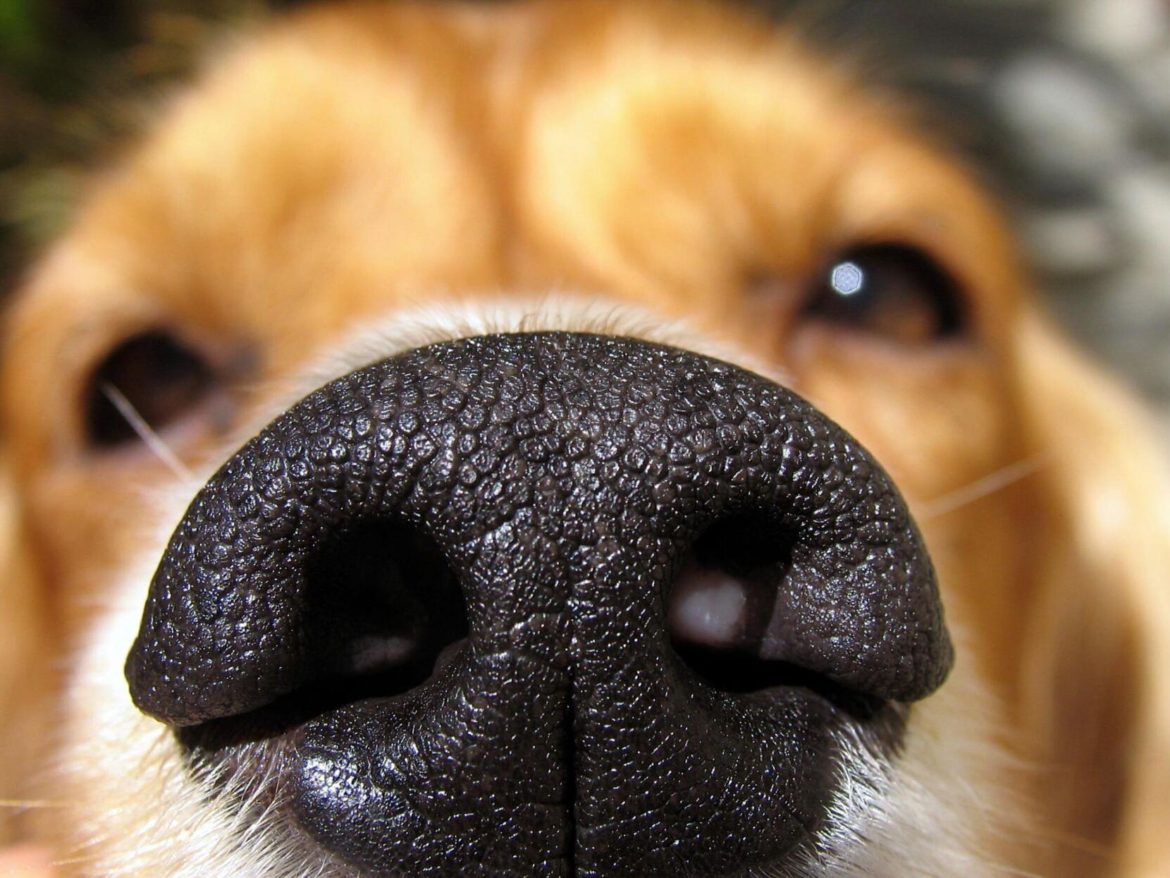Miami Heat lets dogs out to screen fans for Covid-19 — but what does the science say?

The following written content by Jacqueline Howard
(CNN) The Miami Heat is unleashing the dogs.
As AmericanAirlines Arena in Miami reopens to a limited number of fans Thursday, the Miami Heat is bringing out dogs it is billing as “coronavirus detection dogs” to screen guests and employees as they arrive at the facility. The team will be the first in the NBA to use canines to screen the public.
The science isn’t yet clear whether dogs can, in fact, detect coronavirus infection in people. The team has been trying the dogs out on a smaller scale to screen personnel — and “we learned a lot during that time,” Matthew Jafarian, Miami Heat’s executive vice president for business strategy, told CNN.
Here’s how the Miami Heat says the dogs work: Fans will line up in a screening area on socially distanced dots, keeping their hands at their sides. The dogs will walk past each person, sniffing them. If the dog keeps walking, you are clear to enter the arena.

If the dog sits next to you, the Miami Heat says, that signals to the handler that it might have detected Covid-19. A staff member will then help you and your party with a refund, and provide additional health and safety information — but you and your party will not be allowed to enter the arena.
Jafarian said the Miami Heat view the detection dogs as just one tool in a much larger arsenal of Covid-19 safety measures — which also includes a health screening questionnaire, a mandatory mask policy, cashless concession stands, not allowing food and drinks in the arena bowl, and physical distancing, among other tools.
Canine experts emphasize that while research on coronavirus detection dogs appears promising, it’s not yet definitive. Studies exploring how reliable dogs are in detecting an active coronavirus infection remain ongoing — and there are many questions left to answer.
“I think it’s so new and novel that we have yet to determine how effective it is and how reliable the canines are at detecting these type of things,” said Dr. Douglas Kratt, president of the American Veterinary Medical Association. Read more from CNN.





